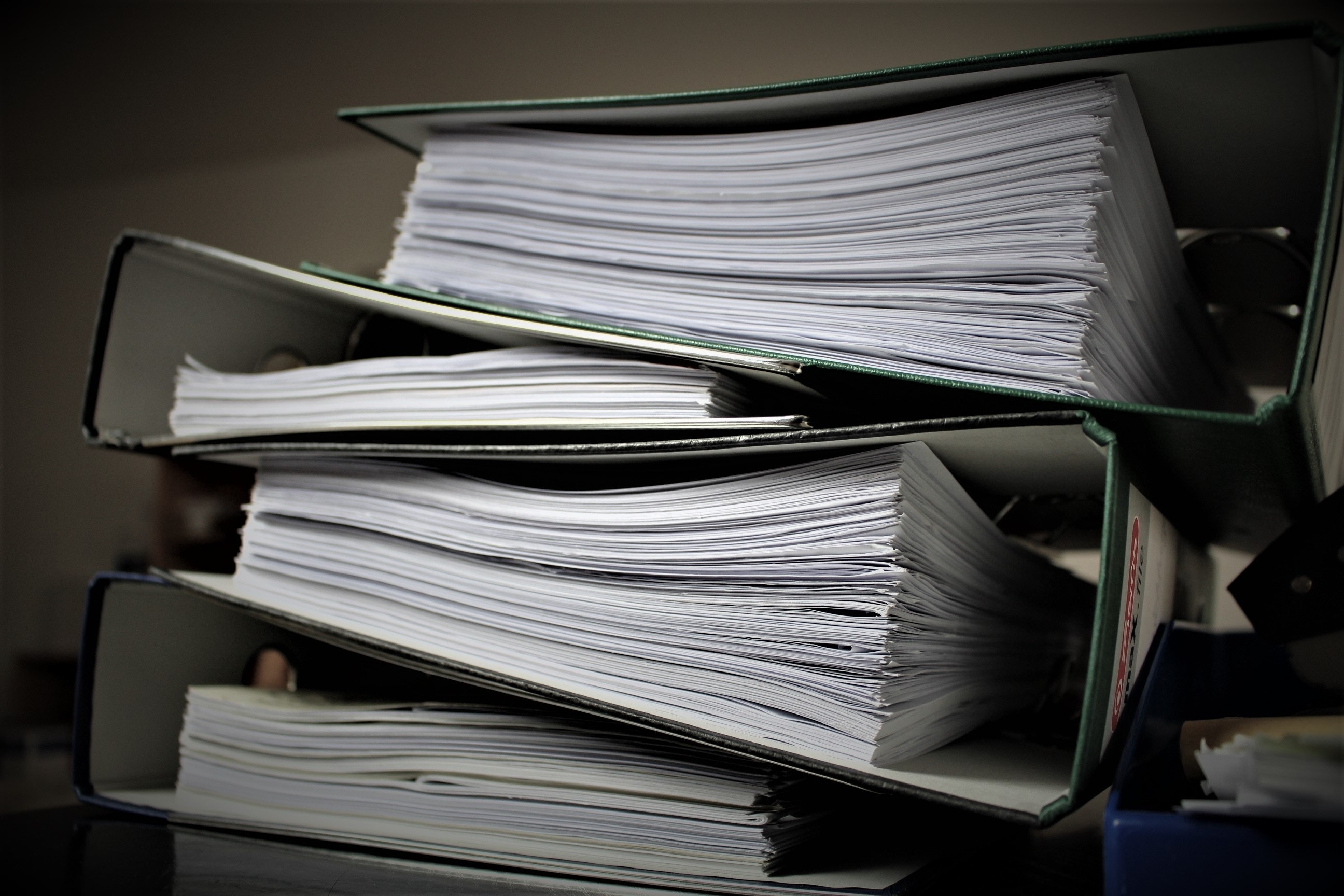You're ready to sell your house and start a new, exciting phase in your life. Perhaps you've recently moved jobs, want to be closer to your grandchildren, or, like many recent sellers, desire a larger home with room for an office and backyard living space. Selling your home may be a time-consuming and difficult process, particularly when you've never done it before. It takes a lot of effort to sell a home. And being prepared is essential if you want to make the process go as smoothly as possible while also optimizing revenues. Continue reading to learn how to sell your home for the best potential price in a reasonable amount of time and without losing your mind.

•It's Critical to Hire a Top-Notch Realtor
If you decide to hire a real estate agent, do your research
beforehand. A real estate agent can assist you with the selling of your home.
They can help you list your home, coordinate photographs, and showings,
advertise it, and guide you through the closing process. They'll also have
access to local market information that can assist you in properly pricing and
marketing your home.
An excellent agent is usually looking out for your best interests. They'll
assist you in determining a fair and competitive selling price for your house,
improving your chances of a rapid sale.
•It's a Good Idea To Have A Pre-Listing Inspection
Before you put your house on the market, you should receive
a seller's inspection. While not all sellers do this, it can assist you in properly
preparing your home for sale. During the inspection, any flaws will be
discovered. Even with new construction, a home inspector must identify at least
some flaws with the property they are reviewing. If they don't uncover at least
a few minor flaws, they're either unskilled or a bad home inspector.
When it comes to dealing with problems, you have two options. To account for
the problem, either remedy it ahead of time or sell the house below market
value.

•Prepare the necessary paperwork
The more organized a homeowner is for a house sale, the smoother the transaction will be. Having said that, don't forget to get all of the house documentation prepared and ready to go.
The following are some of the documents that a seller will require:
- Deed
- Homeowners’ insurance information
- Property tax statements
- Appliance warranties and Manuals
- Purchase agreement
- Any other information regarding the property
•Before putting the house on the market, repairs and renovations should be made
Homebuyers frequently seek a "move-in ready"
property, meaning one that doesn't require a great deal of work before they can
move in. When it comes to purchasing a property, first impressions are crucial.
While extensive landscape improvements are unlikely to influence a buyer's
decision, they do help to eliminate anything that could detract from that
pleasant first impression.
Most purchasers will not pay a top premium if they are aware that there are
large, expensive developments in the pipeline.

•Decide on a fair asking price.
The quality of your property and the degree of demand for similar homes are the two key elements that influence how much it is worth. Avoid making decisions based on emotions or basing your listing price on the prior value of the property. If you overprice your home from the outset, it will cost you a lot of money in the long run.
It is critical to have an exit strategy in place, whether you are certain you will sell your house within the next year or are simply considering your choices. Understanding the significance of these factors and how to make the best decisions can mean the difference between a disaster and a successful house sale.





